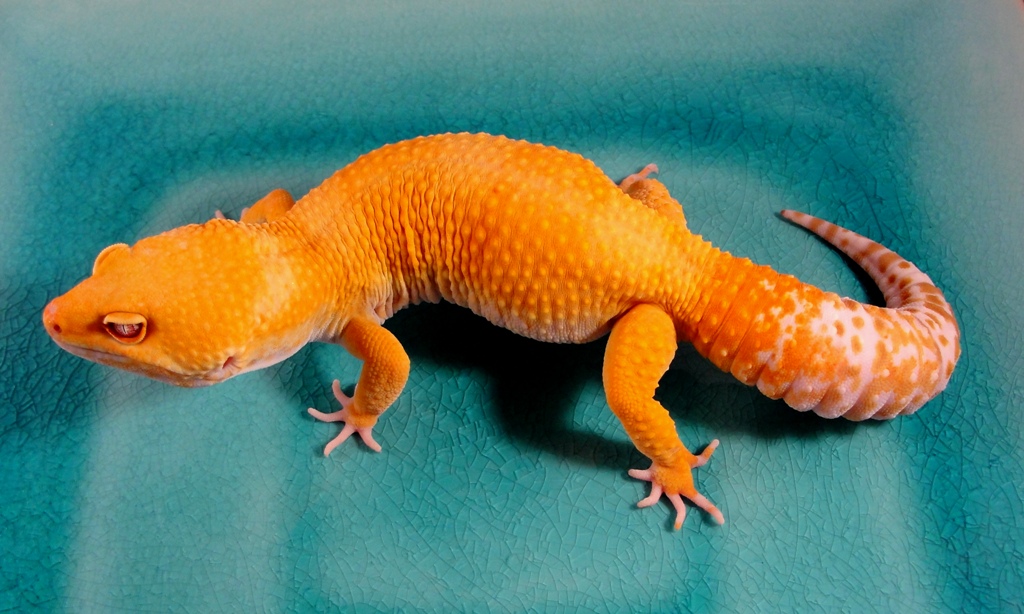Some Thoughts About Crested Gecko Breeding
Crested geckos have gained in popularity with the reptile community due to their ease of care, their handle-ability, unique features, and ease of breeding. This species was once considered genetically unpredictable: babies could hatch out looking nothing like the parents, or look nearly identical to them. And for some that was half of the fun, never knowing what would hatch. But for some of us it was frustrating in the beginning, trying to understand why two geckos that looked so similar would produce so many offspring that looked entirely different from the parents. More


